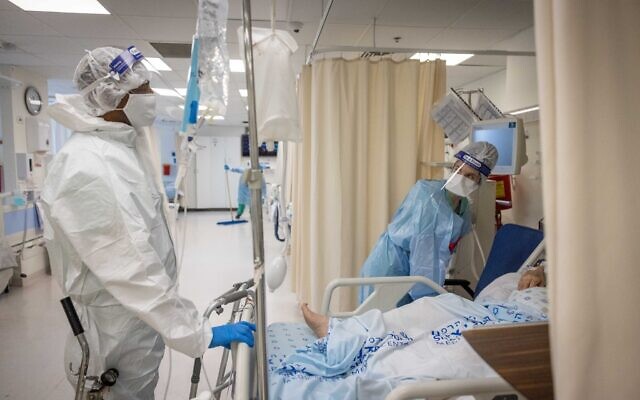LONDON (Parliament Politics Magazine) – For the first time ever in its history of 106 years, the Royal College of Nursing is holding a vote among all of its members in the UK on going on strike.
The union wants its 300,000 members to strike over salary, and the vote’s results are expected next month.
If strikes occur, non-urgent but not emergency service would be affected, the RCN says.
Nurses are being asked by the government to seriously evaluate the effect on patients.
No UK country has offered anything even remotely close to the 5% increase the RCN has been requesting over the 12% RPI inflation rate.
Scotland gives 5%, whereas NHS employees in Wales and England, including nurses, are receiving an average of 4.75% more. A pay award for nurses has not yet been given in Northern Ireland.
In comparison to the 4.6% average for the entire economy when inflation was considered, the average pay fell by 6% between 2011 and 2021, according to a study commissioned by the RCN.
They were not calling for the salaries of billionaires or bankers, which seems to be the emphasis of the government, general secretary Pat Cullen told the BBC.
They were simply asking for a decent pay for their nursing staff so they could keep doing the amazing work they did for their patients on a daily basis and so they could absolutely retain the team that they had, she said.
They needed to be given a decent pay so they could take care of their families and pay their bills, she added.
She continued, explaining how a strike would operate, they would not add any more risk to the risk patients were already facing every single day as a result of not having enough qualified nurse staff to care for them.
The starting pay for nurses in England is currently slightly over £27,000, and the highest paid senior nurses make about £55,000.
The RCN said the average salary for a full-time, experienced nurse was just over £32,000 in the previous year, which was in line with the average pay across the economy.
To support its position, the union is asking the general public to co-sign a letter to Prime Minister Liz Truss.
There will be a vote among Unison’s 380,000 members, including roughly 50,000 nurses.
These ballots have already been distributed in Scotland, and in weeks to come, will be sent to the rest of the UK.
The Royal College of Midwives has also conducted a poll on strike action for midwives in Scotland, and the British Medical Association has said that it will do the same over industrial action for junior doctors.
In England, the independent NHS Pay Review Body had endorsed the Department of Health and Social Care’s pay award, a spokeswoman for the department noted.
Additionally, despite a public sector wage freeze, it came after a 3% salary hike given last year in acknowledgment of work done during the pandemic.
They were working very hard to help NHS nurses because they valued their work. Unions were in charge of industrial action, and they urged them to carefully examine any potential effects on patients, she added.
Humza Yousaf, the Scottish Health Secretary, said that it was disappointing to vote for any form of strike action. They were talking to the health unions, and she hoped that they would, in near future, reach a salary agreement.
In 2014, member nurses of the Unison in England walked out over salary, while in 2019 RCN members went on a strike in Northern Ireland for pay.
Some nurses would continue working during any strike action to guarantee that emergency and urgent services are provided.






